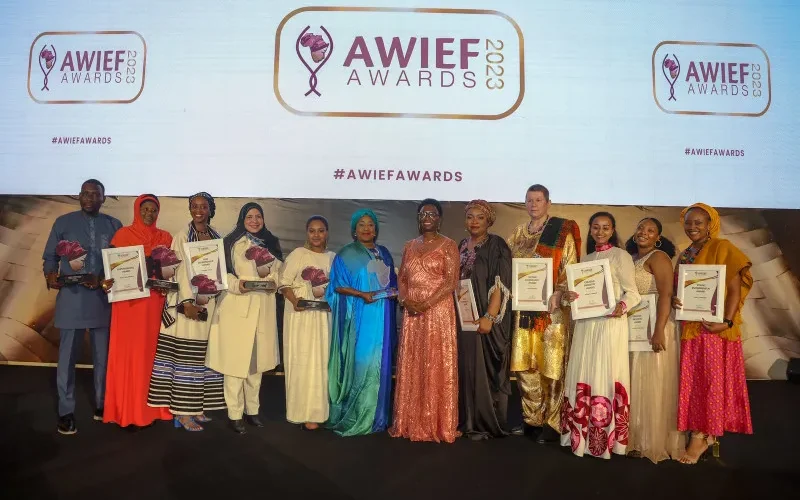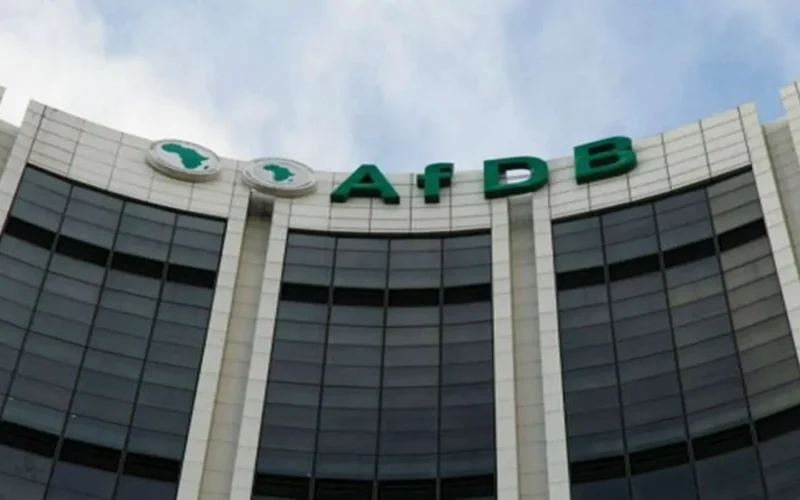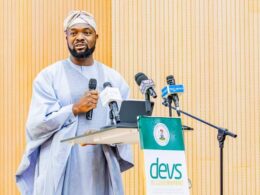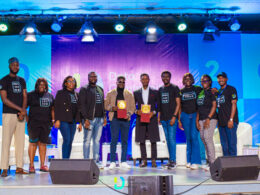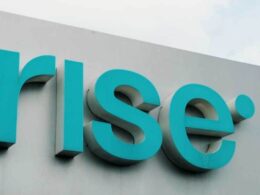The Lagos State government, under the leadership of Governor Babajide Sanwo-Olu, has allocated a significant N1 billion as a seed fund for startups to the Lagos State Science, Research, and Innovation Council (LASRIC). This substantial investment underscores the administration’s unwavering commitment to fostering a vibrant ecosystem of scientific innovation and technological advancement in Lagos.
The announcement was made during the inauguration ceremony of the newly reconstituted LASRIC members in Lagos, where Governor Sanwo-Olu emphasized the state’s dedication to nurturing scientific innovation. He highlighted Lagos as an emerging hub for early-stage and unicorn startups, outpacing many other African cities and countries in terms of success metrics, foreign direct investment, and the number of innovative solutions and patents.
“We are committed to increasing these success metrics with the provision of LASRIC seed fund to the tune of N1,000,000,000 (one billion Naira) in the first tranche funding to the council,” Governor Sanwo-Olu stated. “We believe this fund will continue to catalyze development in our dear state. It is my expectation that the new LASRIC Board being inaugurated today will work assiduously towards ensuring the realization of our collective goals and aspirations.”
Governor Sanwo-Olu emphasized the centrality of innovation to his administration’s THEMES Agenda, necessitating the establishment of LASRIC to drive science and technology initiatives. He acknowledged the critical role of the council in fostering an environment conducive to technological breakthroughs and scientific discoveries.
The council comprises experts from various sectors, including industry, academia, and the public sector, all dedicated to expanding innovation in Lagos. This diverse assembly of professionals is tasked with leveraging their collective expertise to push the boundaries of scientific and technological advancements in the state.
Over the past four years, LASRIC has made significant strides in boosting the innovation landscape of Lagos. Governor Sanwo-Olu highlighted some of the council’s remarkable achievements, noting that LASRIC has created over 500 jobs by supporting startups in diverse sectors such as AgriTech, the circular economy, climate change, and construction technology. Furthermore, the council has backed more than 70 research and development initiatives, encompassing areas like biomass, biodiesel, and artificial intelligence for medical imaging. These efforts have collectively boosted innovation activity in Lagos by over 250%.
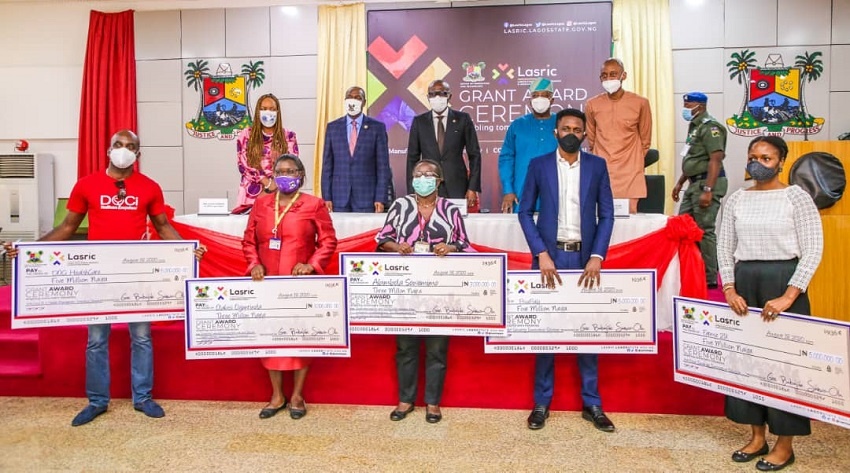
The governor’s vision for Lagos is clear: to position the state as a leader in scientific research and technological innovation, driving economic growth and development. The LASRIC seed fund is a pivotal part of this vision, providing essential financial support to startups and research initiatives that have the potential to transform industries and improve lives.
Governor Sanwo-Olu’s administration continues to prioritize innovation as a cornerstone of its developmental agenda, recognizing its potential to create jobs, attract investment, and foster a culture of continuous improvement and competitiveness. With the allocation of the N1 billion seed fund, Lagos is poised to further consolidate its status as a leading innovation hub in Africa.
Read also: Google’s Hustle Academy for African SMBs, Applications Now Open.
Olatunbosun Alake, the Commissioner for Innovation, Science, and Technology in Lagos State, recently introduced a comprehensive and structured assessment system for technology companies and startups applying for seed funding. This innovative framework, known as “POEM,” is designed to ensure that only the most promising and viable startups receive the necessary financial support to drive their growth and development.
The POEM system evaluates applicants across four key dimensions:
- Proposition: This criterion assesses the uniqueness and value of the startup’s core idea or product. It examines how the proposition addresses existing market needs, its potential for innovation, and its ability to offer a competitive advantage in the marketplace. Startups are evaluated on the strength of their product or service offering, its feasibility, and its potential impact on the industry.
- Organisation: This dimension looks at the internal structure and operational capabilities of the startup. It evaluates the leadership team’s expertise, the efficiency of the business processes, and the overall organizational readiness to execute the business plan. Factors such as team composition, governance, operational systems, and the ability to scale are critically analyzed to ensure that the startup has a solid foundation to build upon.
- Economics: This aspect focuses on the financial health and sustainability of the startup. It assesses the business model’s viability, revenue streams, cost structures, and overall financial projections. Startups are required to demonstrate a clear path to profitability, including robust financial planning, realistic market assumptions, and an understanding of economic factors that could impact their business.
- Milestones: The final dimension measures the startup’s progress and achievements to date. It looks at key milestones that have been reached, such as product development stages, market validation, customer acquisition, and any other significant achievements that indicate the startup’s growth trajectory. This criterion ensures that the startup has a track record of success and is making measurable progress towards its goals.
Commissioner Alake emphasized the importance of this structured approach in fostering a robust and dynamic startup ecosystem in Lagos State. “The POEM system is designed to provide a transparent, objective, and rigorous assessment of startups seeking funding. By focusing on these four critical dimensions, we can ensure that we are supporting the most innovative and high-potential startups that are well-positioned to drive economic growth and technological advancement in Lagos,” he stated.







